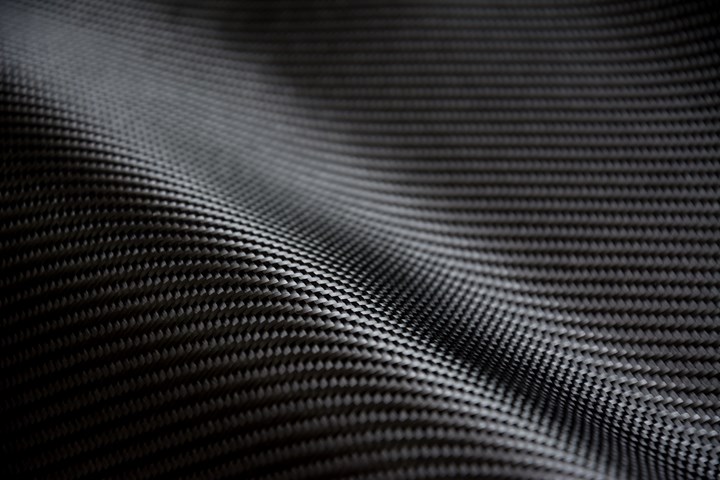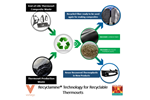FAIRMAT startup looks to develop disruptive technologies for recycling carbon fiber
€8.6 million has been raised so far to industrialize a proprietary technology to save 4,000 tons of recycled material annually and repurpose it into value-added products.

Photo Credit: Getty Images
Benjamin Saada, the co-founder of Expliseat, an aircraft seat manufacturer based in Paris, France, is launching FAIRMAT, a deep tech company aiming for “zero waste” by helping eliminate sending composite materials to landfills or incineration. To do this, he hopes to create a recyclable, negative carbon footprint material produced from carbon fiber production waste coming from several sectors — wind energy, aviation, automotive are a few examples — that manufacturers can then use in a vast array of products.
So far, FAIRMAT has fundraised €8.6 million to industrialize its proprietary technology for recycling carbon fiber composites. Singular led this first-round funding alongside tech entrepreneurs and captains of industry, who will accompany FAIRMAT in this first stage of its development.
FAIRMAT notes the carbon fiber market alone represented 160,000 metric tons produced in 2020. Further it is estimated that carbon fiber waste reaches nearly 62,000 tons worldwide each year.
“When I took a closer look at the recycling of this material, I realized that it was not at all recycled ecologically. I wanted to work on a technology that would meet the sustainability goals required to transform industries,” says Benjamin Saada, founder of FAIRMAT. “In 2021, we will finally be able to make this high value-added material circular in a much more virtuous way, thanks to new technologies. We have a major challenge ahead of us: to recycle a huge market that will continue to grow in the coming years. Thanks to the trust of Singular and our investors, we will quickly make our environmentally friendly material available to our industrial customers.”
FAIRMAT says its proprietary technology will save 41 kilograms (~90 pounds) of CO2 emissions per kilo/pound of recycled material. Saada expects to rely on numerous technologies (artificial intelligence, robotics, algorithms, computer vision, etc.) to bring this solution to reality, significantly reduce its production cost and offer new applications.
Launch of the production of FAIRMAT’s recycled material is aimed for 2022, with its first recycling contracts in France already signed. FAIRMAT is shooting for a capacity of 5,000 tons of recycled material annually in its first production site.
Benjamin Saada is a well-known figure in the world of industrial innovation. After revolutionizing the aeronautics industry with the world’s lightest airplane seat, he is now tackling the valorization of a strategic material for the planet with the creation of FAIRMAT,” Raffi Kamber, Singular’s co-founder notes. “The ambition of the FAIRMAT team immediately attracted us, and we are thrilled to be able to support the first steps of this future major player of the deep tech in Europe and the world.”
Related Content
-
Natural fiber composites: Growing to fit sustainability needs
Led by global and industry-wide sustainability goals, commercial interest in flax and hemp fiber-reinforced composites grows into higher-performance, higher-volume applications.
-
Plant tour: Albany Engineered Composites, Rochester, N.H., U.S.
Efficient, high-quality, well-controlled composites manufacturing at volume is the mantra for this 3D weaving specialist.
-
PEEK vs. PEKK vs. PAEK and continuous compression molding
Suppliers of thermoplastics and carbon fiber chime in regarding PEEK vs. PEKK, and now PAEK, as well as in-situ consolidation — the supply chain for thermoplastic tape composites continues to evolve.















